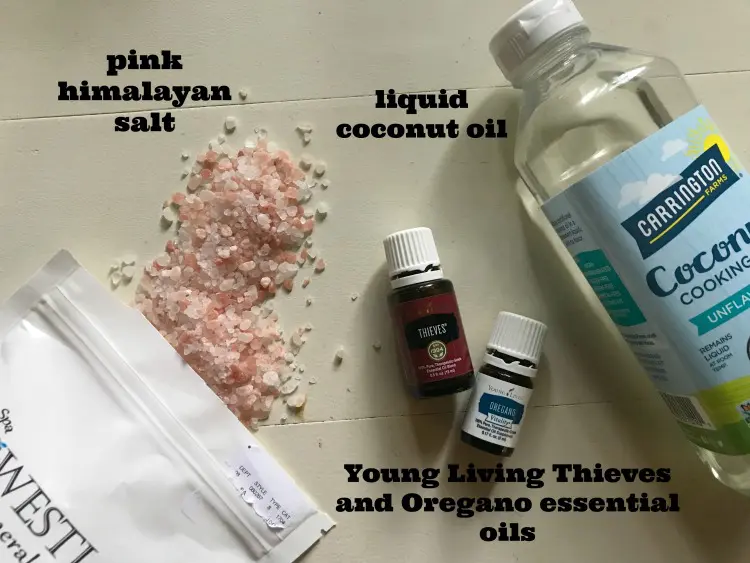Believe it or not, there are a number of things that you can do inside your home in respects to water in order to save water while conserving energy as well. Plus, you’ll be helping the environment! Green living is taking the world by storm and more and more individuals are beginning to see the […]
Green Living
Green living ideas, eco friendly cleaning tips, eco friendly home ideas, and going green tips for the eco-friendly family and eco friendly kids.
25 Essential Oil Recipes That Will Rock Your World
Essential oils are oils that are obtained from plant material such as the leaves, stems, flowers, bark, or roots most frequently through steam distillation. Each essential oil offers not only the aroma of that plant but also the medicinal value of that plant. There are many potential applications and health benefits of essential oils as well […]
Revitalize Your Feet: The Ultimate Foot Soak Recipe Revealed
We are big fans of naturally boosting our immune systems when we can. One of my favorite ways to relax and boost my immune system is with a homemade foot soak. I’ll be sharing the perfect DIY foot soak recipe today. The two essential oils that I add to the foot soak are a crucial […]
Orange DIY Sugar Lip Scrub Recipe
Are your lips in need of a little extra tender loving care? We’ve got just the solution for you. Imagine a lip care hack that not only exfoliates away dead skin cells, but also hydrates your lips, leaving them plump and youthful. You can achieve smooth and healthy lips with our DIY lip scrub. We’ll […]
Expert Tips To Shop Sustainably
Sustainable shopping is more than just a trend—it’s a conscious choice to support a healthier planet and a more ethical economy. By choosing eco-friendly products, reducing waste, and supporting brands that prioritize fair labor and environmental responsibility, consumers can make a meaningful impact with every purchase. Whether you’re buying clothing, groceries, or household goods, sustainable […]
Coconut Oil Hair Mask: DIY Hair Strengthening and Conditioning
I love a good DIY beauty project especially if it involves essential oils! DIY essential oil remedies fill our entire home. From DIY cleaner to soap to body scrubs and even this DIY all natural Strengthener and Conditioner Hair Mask. It’s wonderful for all hair types as it only includes gentle ingredients. The essential oils […]
How to Reuse Glass Jars
Have you ever stopped to consider how many glass jars you toss out every week? While recycling them is great, learning how to reuse glass jars will reduce your carbon footprint even more. Reusing glass jars is also a great way to save money and keep yourself organized. We all need more money and organization […]







